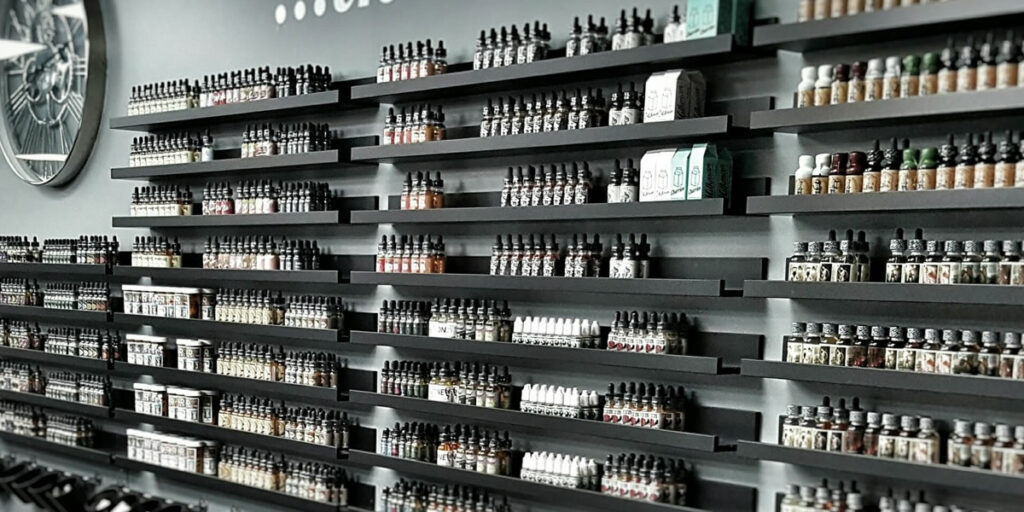The Peoria, IL City Council recently reviewed an initial proposal to regulate the number of tobacco and vape retailers operating within city limits through a new two-tiered licensing structure.
The suggested policy would impose higher fees and license caps on stores focused purely on tobacco sales in hopes of controlling rapid proliferation. However, some council members question whether this approach is business-friendly.
New Licensing Classes and Fee Structure Would Limit Shop Growth
The draft ordinance would categorize tobacco sellers into two classes with different regulations:
Class 1: Retailers earning less than 50% of revenue from tobacco, like grocers and pharmacies. Would pay $500 annual fee with a 125 store cap.
Class 2: Specialty tobacco and vape shops where tobacco makes up over 50% of sales. Would pay $1000 yearly fee and be capped at 15 total stores citywide.
This model intends to limit growth of standalone tobacco and vape outlets while imposing minimal impact on diverse businesses selling some tobacco products. Existing specialty shops over the cap of 15 would be grandfathered in.
The current flat tobacco license fee in Peoria is $500 across all retailers. But officials feel higher costs for class 2 shops would grant greater control over proliferation.
City Aims to Curb Tobacco Shop “Expansion Like Wildfire”
The motivation behind differential regulations emerged after council worries over the rapid expansion of vape stores and tobacco retailers across Peoria in recent years.
Some officials stated specialty smoke shops were “expanding like wildfire” within city limits, prompting public health concerns. A temporary moratorium was instituted over the summer to develop potential policies like this tiered licensing approach.
By capping class 2 specialty outlets at 15 total stores, the city can restrain continued growth through mandatory council approval to exceed that limit. Officials call this the most viable pathway to regulate tobacco shop saturation.
Questions Raised Over Business Friendliness of Singling Out Tobacco Retailers
However, some council members are not convinced imposing additional barriers and fees on certain private businesses is truly “business-friendly” for Peoria.
They worry the policy unfairly targets unpopular but legal industries to raise city revenue through exorbitant licensing costs, rather than basing fees on administrative needs.
Others argue limiting specialty vape and tobacco stores protects existing retailers dependent on tobacco profits like gas stations and small markets. Proponents say the move favors diverse businesses over single-product shops.
But critics maintain the policy imposes an unfair financial burden on certain operators to influence social outcomes, instead of letting free markets decide which shops succeed.
Next Steps: Finalize Ordinance Details and Vote After Public Feedback
As this was merely the initial draft proposal, the city council will next finalize specific licensing parameters and hold public hearings to gather input from all stakeholders.
Before the ordinance moves forward, officials will need to communicate clearly how the tiered structure balances business interests with public health priorities.
If approved, the city would have greater oversight over tobacco and vape commerce. But opponents may push back against what they see as unfair government overreach targeting legal industries.
- UK Announces Mandatory Vape Tax and Duty Stamps from 2027 - February 10, 2026
- Sri Lanka Travel 2026: Total Ban on Cigarettes & Vapes - February 5, 2026
- NY Tax Proposal: Hochul Targets ZYN with 75% Levy - January 29, 2026


